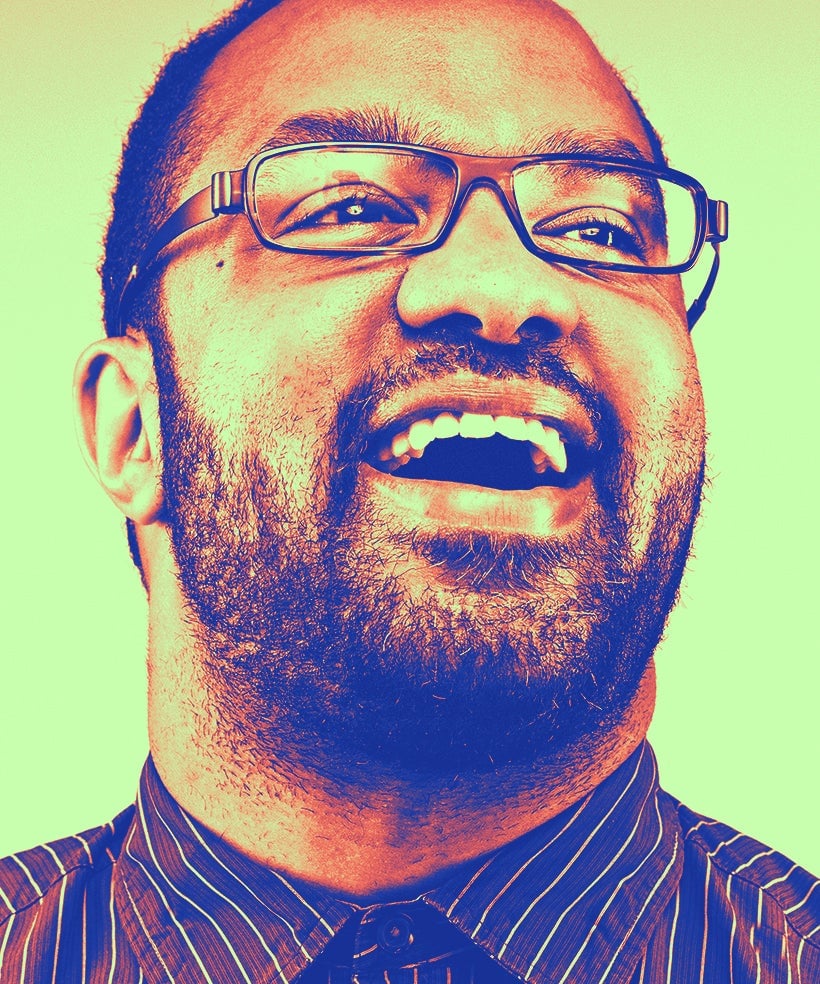Forest Young on the societal fault lines exposed by coronavirus
It took a global pandemic and stay-at-home orders for 1.5 billion people worldwide, but something is finally occurring to us: The future we thought we expected may not be the one we get.


It took a global pandemic and stay-at-home orders for 1.5 billion people worldwide, but something is finally occurring to us: The future we thought we expected may not be the one we get.
We know that things will change; how they’ll change is a mystery. To envision a future altered by coronavirus, Quartz asked dozens of experts for their best predictions on how the world will be different in five years.
Below is an answer from Forest Young, the global principal at brand consultancy Wolff Olins. He’s a designer and artist whose work has been exhibited all over the world, including at the Museum of Modern Art.
The centerpiece of our future memory will be brilliantly clear—a deep understanding of work worth dying for. An exaggeration by even last year’s temperament, we are now experiencing our collective livelihoods set against the incendiary backdrop of a global civil rights movement and a persistent pandemic.
For the US in particular, the coronavirus continues to expose pre-existing fault lines—where Black and brown communities are disproportionately affected, just as they are called on as essential workers or persevere at demanding, high-risk service jobs to support their families. The civil rights escalation is therefore uniquely contextualized for these communities that have been ravaged by disease, and by centuries of oppressive systems.
Five years from now, after the calming effects of a vaccine, the re-emergence of a 90% economy, and of timely police reform, we will be looking backwards at the heightened and visceral nature of today’s sacrifices. Such dilemmas: Attend to our child’s temper tantrum or to a tense business meeting? Should we march in inspired numbers, or choose to shelter-in-place to flatten the curve? Ultimately, the reassuring compass must be that for which we are working towards. It is an awakened understanding that jobs are more than tasks, especially when they deny or embolden us to speak out against injustice.
Our same-sized Zoom frames have managed to flatten optical hierarchies, and a recession-refined humility now casts leaders in the mold of a primus inter pares—a first among equals. As the survivalist mentality wanes and job security becomes more relaxed, an occupational gratitude will give way to a meditation on that work which was worth dying for—whether it’s flying for business or marching into the town center. The conversation will cease to be about where one works, and hopefully shift to what work is worthy of one’s time.
To read more New Normal answers, click here.